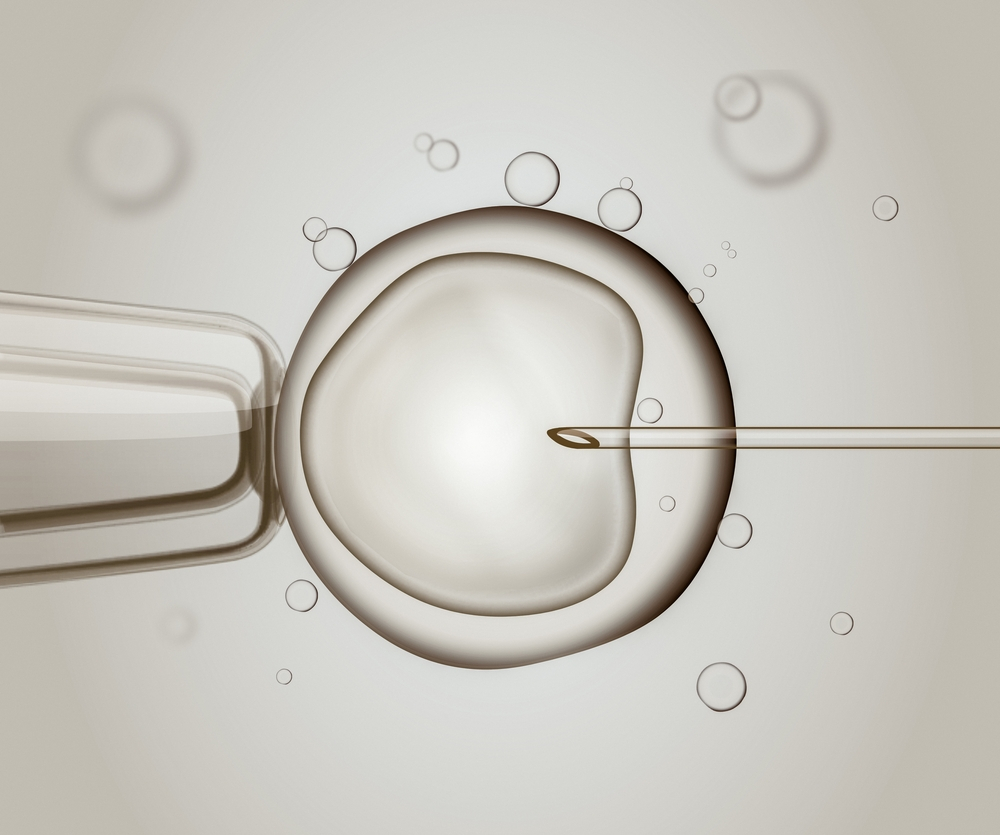Intracytoplasmic Sperm Injection (ICSI)

Human fertilization is the fusion of a woman's egg and man's sperm, typically occurring in the ampulla of the fallopian tube. For this fusion to occur, the head of the sperm should be attached to the egg's outer area.
Once it is attached, the sperm penetrates through the egg's outer layer to the inside of an egg (cytoplasm), where fertilization takes place.
Occasionally the sperm fails to penetrate the outer layer for a few varied reasons. Either the sperm may not be able to swim, or the egg's outer layer may be thick or hard. To overcome this problem, a method known as intracytoplasmic sperm injection (ICSI) can be performed along with in vitro fertilization (IVF) to fertilize the egg further. Through ICSI, a single sperm is injected directly into the cytoplasm of the egg.
How does intracytoplasmic sperm injection (ICSI) work?
There are two approaches by which an egg may be fertilized by IVF - traditional and ICSI. In conventional method IVF, 50,000+ swimming sperm are put next to the egg in a laboratory plate. Fertilization happens when one of the sperm penetrates the egg's cytoplasm. In the ICSI procedure, micropipette - a tiny needle is utilized to introduce a single sperm inside the egg's core. Once fertilization occurs, the fertilized egg, also known as an embryo, develops in a lab for 1 to 5 days before being transferred to the woman's uterus.
Why would I need intracytoplasmic sperm injection (ICSI)?
ICSI helps to overcome fertility problems, such as:
- The male partner produces sperm in low quantity to do artificial insemination, i.e. IUI or IVF.
- Sperm may movement is not normal.
- Sperm have trouble attaching to the egg.
- A blockage in the male reproductive tract restricting sperm from coming out.
- Eggs failed to fertilize by IVF, despite the condition of the sperm.
- Previously frozen eggs are used.
Will intracytoplasmic sperm injection (ICSI) work?
ICSI fertilizes 50% to 80% of eggs. However, the subsequent obstacles may occur during or following the ICSI procedure:
- Any or all of the eggs get damaged.
- The egg might not develop into an embryo even after it is injected with sperm.
- The fetus may stop growing.
Utsav fertility center is one of the leading fertility centers in Panvel, Navi Mumbai, under the leadership of Dr. Krutika Makhija - a certified Fertility Specialist with more than 7 years of experience. Our multi-disciplinary team comprises highly qualified and experienced specialists who strive to provide all our patients with quality standards of treatment and care.
Copyright © 2020 All Rights Reserved, By Utsav Fertility Centre
 Call Now
Call Now